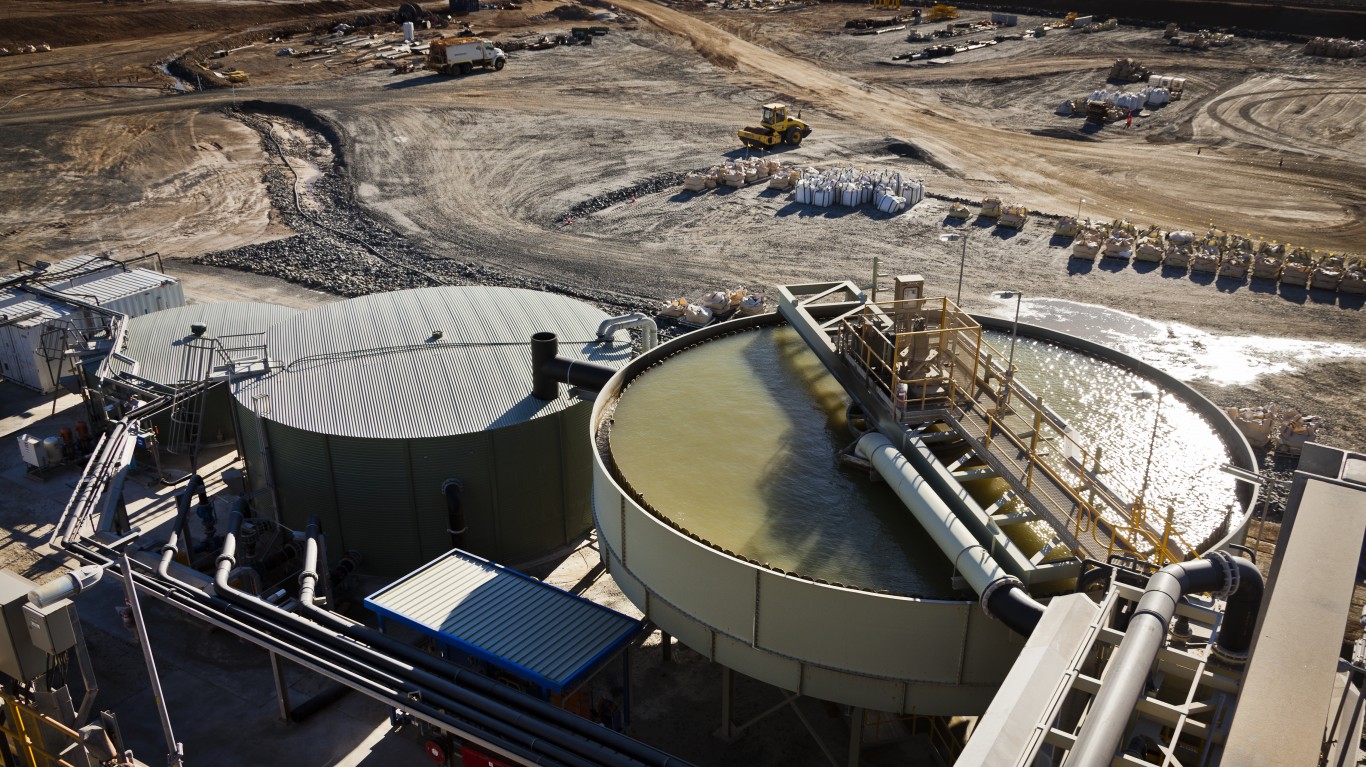Cars and Drivers
Chinese EV Battery Makers Invest Billions in South America and Africa

Published:

After reaching a peak price in November of around $83,000 per metric ton, lithium carbonate prices dropped to around $21,000 by early May and have leveled off at around $42,000 since mid-May. If we were to judge by recent investments in lithium production and refining, however, a reasonable conclusion might be that prices should be going in the other direction.
But those investments are looking forward to an explosion in demand by the end of this decade. By one estimate, the investment needed to meet that demand totals some $51 billion. (These are the biggest electric vehicle business failures in American history.)
In late February, China-based Contemporary Amperex Technology Ltd. (CATL) announced that beginning in the third quarter of this year, it would fix the price of battery-grade lithium carbonate at around $30,000 metric ton for certain “strategic” customers. At the time, the spot price of lithium carbonate was around $64,000. The privileged customers included Chinese EV makers Li Auto, Nio, Huawei and Zeekr, all of which are required by the Chinese government to purchase 80% of their lithium supply from CATL for at least the next three years.
Neither BYD, China’s largest EV maker, nor Tesla, which has an assembly plant in Shanghai, were included in the privileged buyers club, even though Tesla is CATL’s largest customer.
State-controlled lithium battery makers in both China and Russia have committed around $1.4 billion to develop lithium mining and refining operations in Bolivia, the country with the world’s largest identified lithium deposits. In January, CATL was awarded a contract to develop lithium operations in Bolivia, and last month, another Chinese group and a group led by Russia reached agreements with Bolivia for two projects that together will require an investment of about $1.4 billion.
BYD, in which Warren Buffett has reduced his stake to less than 10% (from nearly 20% last August), is in discussions with lithium mining giant Sociedad Química y Minera de Chile to develop a lithium carbonate plant using direct extraction techniques instead of evaporation ponds to recover the mineral.
Stella Li, executive vice president of BYD, said last week that the company is planning to invest $290 million in a lithium refinery in Chile after receiving in April a deal for preferential lithium pricing from the Chilean government.
The race by Chinese firms (state-controlled or not) to gobble up lithium resources also has made its way to Africa, according to a report from Bloomberg. By 2030, the Democratic Republic of Congo, Mali, Namibia and Zimbabwe are expected to produce a few hundred thousand tons of lithium annually. The size of the African reserves is not very large (a USGS estimate lumps it together with “other countries” to yield total reserves of 3.3 million tons) compared to Chile’s total of 9.3 million tons or Australia’s 6.2 million tons.
And like the South American governments, African leaders are trying to extend the value of their lithium deposits by having foreign entities sign up to develop the refineries that produce lithium carbonate from mining production. So far, African supplies of lithium are targeted for shipment to refining plants in China, and both Namibia and Zimbabwe have introduced legislation that seeks to keep the mined ore in the country for further processing.
In early June, Chinese battery maker Gotion High-Tech announced it planned to build a $6.5 billion battery plant in Morocco capable of annual production of 100 gigawatts. Morocco has a free trade agreement with the United States and the European Union.
After two decades of reviewing financial products I haven’t seen anything like this. Credit card companies are at war, handing out free rewards and benefits to win the best customers.
A good cash back card can be worth thousands of dollars a year in free money, not to mention other perks like travel, insurance, and access to fancy lounges.
Our top pick today pays up to 5% cash back, a $200 bonus on top, and $0 annual fee. Click here to apply before they stop offering rewards this generous.
Flywheel Publishing has partnered with CardRatings for our coverage of credit card products. Flywheel Publishing and CardRatings may receive a commission from card issuers.
Thank you for reading! Have some feedback for us?
Contact the 24/7 Wall St. editorial team.